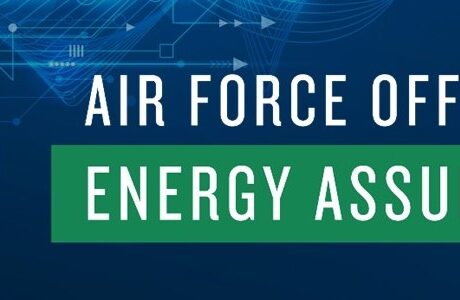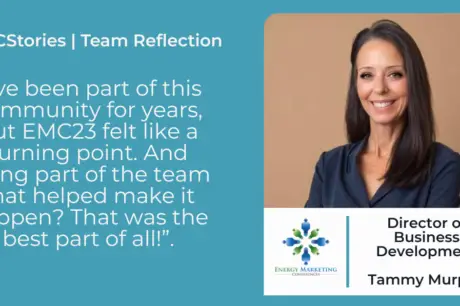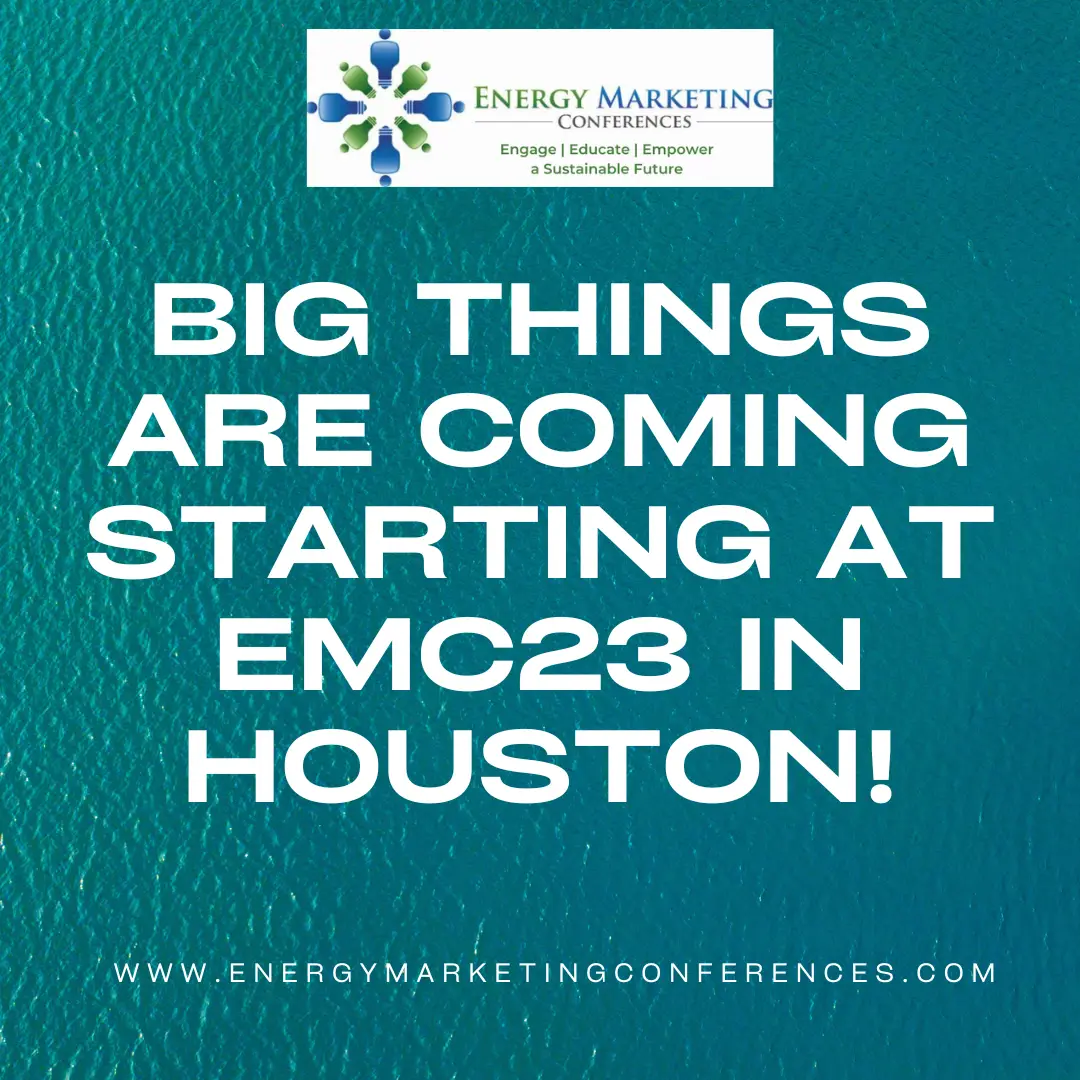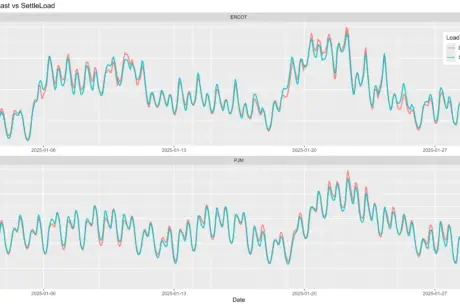As Artificial Intelligence (AI) continues to evolve, its impact across industries is undeniable—particularly in the North American utilities sector. Whether managing electricity, water, or gas, AI holds immense potential to transform operational efficiency, enhance grid reliability, and improve resource planning. But even with its capabilities, AI cannot replace the critical human qualities of empathy, ethical judgment, and contextual decision-making.
The utility industry faces complex challenges, including grid modernization, smart metering, and decarbonization—each requiring substantial investment. In 2023, U.S. utilities spent a record $300 billion on energy transition initiatives. Yet, despite these efforts, affordability remains a concern, with over 20% of households reporting difficulty in paying utility bills. Utilities must now balance cost reduction with improved service reliability and more targeted, empathetic customer engagement.
Forward-thinking utilities are adopting AI to analyze data, forecast demand, and optimize resources. When combined with human expertise, these technologies yield even greater value. Studies show that organizations blending AI with human decision-making—so-called “bionic companies”—achieve nearly double the earnings and enterprise value of their peers.
How AI and Human Expertise Work Together
Utilities operate in a fast-changing environment. Here are five key areas where a human-AI partnership is driving tangible improvements:
1. Grid Management and Predictive Maintenance
AI analyzes data from smart meters and sensors to predict equipment failures and optimize grid distribution. This reduces downtime and operational costs. However, human input remains essential to interpret insights, make decisions based on budget or environmental impacts, and ensure community needs are met.
2. Demand Forecasting and Planning
AI enables accurate demand forecasts by analyzing usage trends, weather patterns, and seasonal variations. These insights help utilities balance supply and negotiate better rates. Still, humans play a key role in navigating unexpected shifts and ambiguous scenarios that require flexibility and judgment.
3. Customer Service and Engagement
AI-powered tools—like chatbots and intelligent routing—streamline responses to routine inquiries and improve First-Call Resolution (FCR). Meanwhile, human agents handle more complex issues that require empathy and nuanced understanding. Together, this approach enhances efficiency without sacrificing the human touch.
4. Sustainability and Green Energy Integration
AI supports renewable energy adoption by helping utilities integrate solar, wind, and storage solutions into the grid. Smart systems automatically manage supply-demand balance. Yet human oversight is needed to align AI-generated insights with social, environmental, and policy considerations—ensuring sustainable, responsible progress.
5. Compliance and Ethics
AI can monitor regulatory compliance and detect anomalies in areas like emissions and energy sourcing. However, interpreting new laws or managing ethical dilemmas still requires human foresight. A hybrid approach ensures robust, adaptable compliance strategies.
Looking Ahead: A Balanced Partnership
The future of utilities doesn’t lie in choosing between AI and humans—it’s about blending their strengths. AI will increasingly take over repetitive tasks and data-heavy functions, freeing human experts to focus on complex problem-solving and ethical decision-making.
To fully realize this potential, utilities must embrace a model where AI enhances—not replaces—human contributions. By doing so, they can become more sustainable, more efficient, and more attuned to the needs of their customers.
For utility providers seeking to accelerate their transformation journeys, WNS offers deep industry expertise and innovative AI-powered solutions tailored for the energy and utilities sector. From operational optimization to customer experience enhancement, our collaborative approach helps organizations deliver meaningful outcomes.
Explore how WNS is helping utilities lead smarter, more human-centric transformations: Visit WNS Energy & Utilities Services
By Shane McDonald, SVP, Utilities, WNS North America










